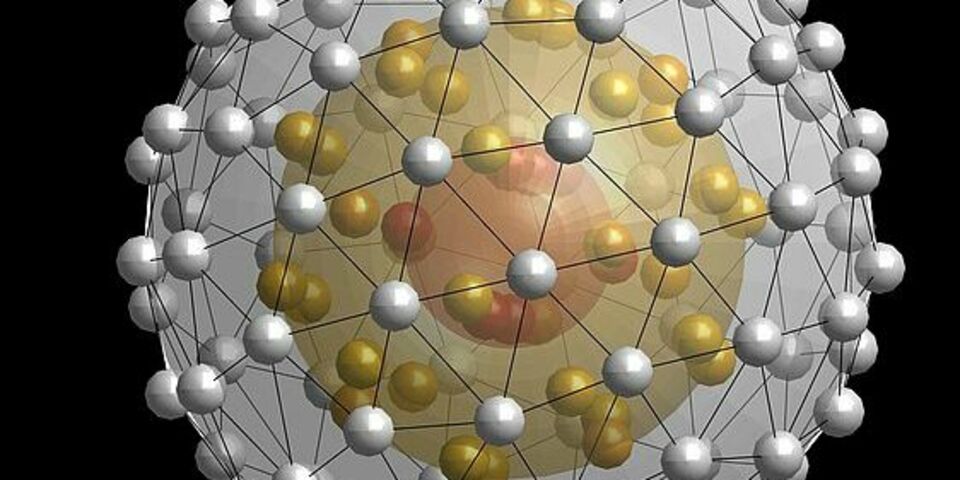TU/e launches center for quantum technology
Everything indicates that technology based on 'quantum' will change society radically in the near future, for example via ultra-fast computers, a 'quantum internet' or by developing new medicines much more quickly. The Center for Quantum Materials and Technology Eindhoven (QT/e) will develop the technology for this so-called 'second quantum revolution'. In this centre, TU/e combines its world-leading expertise in the field of quantum materials and technology to optimize collaboration between research and industry.
Physicists such as Einstein, Bohr and Planck laid the foundation for quantum physics more than a hundred years ago: the description of the bizarre, inimitable world on the scale of the smallest particles. Knowledge of these miraculous effects led to the so-called 'first quantum revolution', a wide range of inventions and technology that has fundamentally changed our society. Think of the laser and the transistor - to which we owe computers, mobile phones and the Internet -, but also MRI, solar cells or GPS.
One billion euros
Meanwhile, the next step is fast approaching: technology that makes full use of quantum effects, such as quantum computers, but also quantum sensors, simulations and communication. Because of the broad impact that this technology will have in society, such as the development of new medicines, data security or the conversion of energy, the European Commission (EC), among others, speaks of a 'second quantum revolution'. This year, the EC launched the Flagship on Quantum Technologies, with a total of no less than one billion euros in research funding over ten years to ensure that this new technology finds its way into industry and society.
To make this technological revolution possible, TU/e is bundling its world-leading research in this field into the new Center for Quantum Materials and Technology Eindhoven (QT/e). Founder and scientific director Servaas Kokkelmans: “In order to make the step towards society, cooperation is essential. This center not only brings together the various disciplines in this field but we also want to and can build a better bridge to external parties, particularly the high-tech industry in our Brainport region as well as colleagues at other universities and knowledge institutes.”
Quantumsimulators
The center comprises a total of around forty researchers, from quantum physicists to mathematicians and electrical engineers. “We focus particularly on quantum simulators, which allow you to simulate very complex materials and molecules that even the most powerful supercomputers cannot calculate. In addition, we are working on quantum nanophotonics, the development of new quantum materials and the protection of information by means of quantum cryptography,” says Kokkelmans. “Interestingly, our research leads to applications that you might not immediately expect here, such as new medicines or tackling CO2 emissions.”
The new QT/e will be officially launched on Friday 29 June during a symposium at TU/e. Rector Magnificus Frank Baaijens will perform the opening ceremony. One of the speakers is Tommaso Calarco, one of the initiators of the European Commission’s FET Flagship on Quantum Technologies.


Discussion